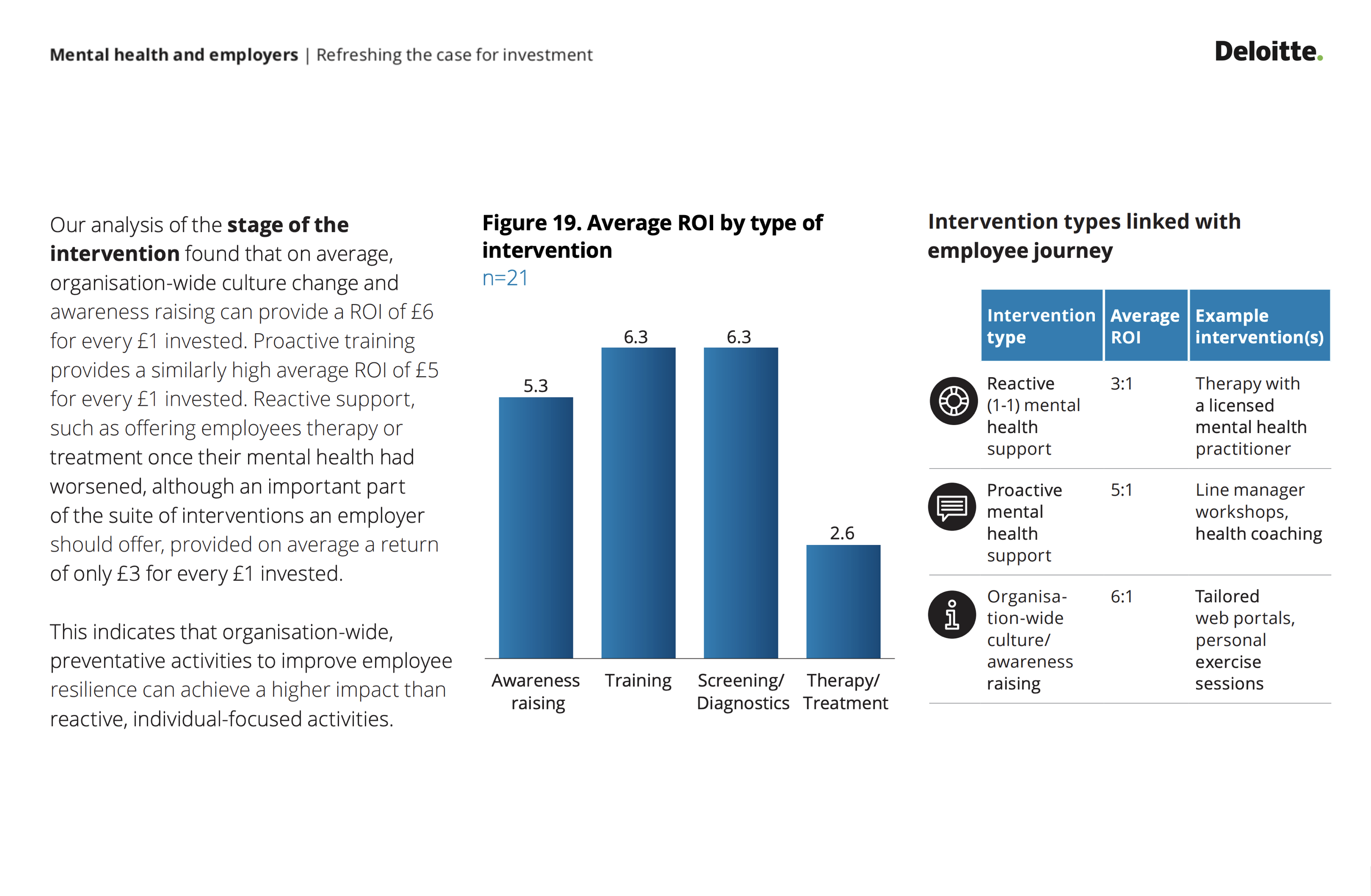Stop for the next 8 minutes and watch how practicing psychiatrist and global mental wellness pioneer, Dr. Helena Lass explains why workplaces need to tackle stress now.
[youtube https://www.youtube.com/watch?v=LfPY4OfMOCg]
After watching this video it is obvious that stress and burnout haunt mostly successful professionals, such as doctors, lawyers, programmers, entrepreneurs, teachers, etc and business leaders. The high performing lifestyle brings exposure to both outer and inner pressures. Stress is much more common than you are probably currently aware of.
ADDITIONAL STRESS FACTS FROM RECENT STUDIES
Last year’s Cigna report “360 Well-Being Survey: Well & Beyond” (1) pointed out that 87% of workers are stressed, with 12% claiming they can not manage their stress alone with existing skills. This report also stated: “91% of workers agree that their colleagues’ stress impacts the workplace with a higher degree of negativity such as a depressing atmosphere and lowering morale, and yet most employers are not doing enough to address the issue.”
When high performing employees lack practical intrapersonal skills that keep them mentally well and focused on the task at hand, many become stressed. Stress is the main pathway to burnout and burnout again has a huge overlap with depression. Stress also causes anxiety and many other mental and physical health problems.
MENTAL WELLNESS: IT IS GOOD BUSINESS!
In January 2020 Deloitte released a report entitled “Mental health and employers. Refreshing the case for investment” (2) and according to it, there is a real and positive case for investment in mental health by employers.
Deloitte found that the return on investment (ROI) into mental health can on average be:
- £5 gained for every £1 spent;
- up from the previous £4 to £1 back in 2017.
The best ROI was found in proactive training that can secure excellent mental wellness for all employees in the workplace.

This proactive and workplace-wide approach needs to start from solving the stress and burnout problems as main pathways to work-related mental health issues as Dr. Lass shows her scientific paper “Developing Intra-Personal Skills as a Proactive Way to Personal Sustainability – The Preventative Side of the Mental Health Equation” (3). She explains that historically the focus on mental health topics has been placed upon disorders and the cure. So, it is no wonder that the majority of methods in psychology have been developed as forms of intervention for a therapy setting and not as a proactive education. When you consider that every fourth person on the planet faces some kind of a mental health issue, it is alarming that the strategies for securing mental wellness have been overlooked for years.
The previously mentioned Deloitte report (2) confirms what Dr. Lass states and showed that 9% of all employees surveyed have attended training that focused only on mental health. And most of those these training approaches were not preventative in nature but focused on what to do when you get mentally ill.
HOW TO SECURE INTRAPERSONAL WELLNESS?
We explain mental wellness on the Wellness Orbit homepage this way: “Mental wellness is a proactive approach to mental health. Mental wellness is a vast arena relating to the quality of life and it should not be associated with mental illnesses. In fact, all work-related mental illnesses are the result of not having good mental wellness.
While increasing numbers of employers are beginning to address problems that relate to employee mental health at work, very few are currently addressing employee mental well-being and workplace mental wellness proactively. Since mental wellness impacts 100% of your team members, securing mental wellness in workplaces should be promoted by all by employers.”
As our current education systems lack mental wellness and intrapersonal wellbeing lessons workplaces need to educate their staff and enable them to learn practical intrapersonal skills.
Intrapersonal skills (‘intra’ meaning inside) stem from awareness and enable us to notice and what goes on inside of us. Awareness-based intrapersonal skills allow us to lead our emotions, thoughts, and awareness at will. Intrapersonal skills allow us to replace our dominating subconscious inner reactivity with an adequate and aware response. Excellent intrapersonal skills secure intrapersonal wellness – freedom from stress, burnout and work-related mental health issues.

THE BEST TIME TO NIP STRESS IN THE BUD IS NOW
Knowing how to deal with stress at work and how to prevent employee burnout needs to be learned when you are well.
When mental health at work is approached proactively, it can be likened to going to the gym, however, this gym trains our minds instead of our physical bodies. In such a mental wellness gym learning to lead our inner processes with our awareness and will has a very practical skill set training focused approach.
We already know that going to the gym is good for our physical health and overall wellbeing. Workplaces, therefore, need to give their employees access to mental wellness gym, where employees can train their intrapersonal skills so that they can direct their inner functions with ease whenever they need to. This removes the stress and burnout problem for good.
ADDITIONAL BENEFITS
Intrapersonal wellness helps us to be present or mindful and work well. When we look at it from an employer’s standpoint, then intrapersonal skills give us both freedoms from stress and burnout and reduce mental health risks and also allow employees to be more productive and engaged.
Intrapersonal skills come also handy when we need to focus, be more creative and take more personal responsibility. So, it is worth focusing on practical intrapersonal education in the mental wellness gym as it leads to better work results and improved personal lives. This sounds like a win-win game for all!
Employers win. Employees win. Customers win. Even health care systems win as the proactive mental health approach keeps our minds well.
► References:
- Cigna Report “360 Well-Being Survey: Well & Beyond” 2019
- Find out more about the Deloitte UK Report “Mental health and employers. Refreshing the case for investment”, January 2020;
- “Developing Intra-Personal Skills as a Proactive Way to Personal Sustainability – The Preventative Side of the Mental Health Equation” Dr. Helena Lass (Author); published in the book “Personal Sustainability. Exploring the Far Side of Sustainable Development” (Edited by Oliver Parodi, Kaidi Tamm); Routledge, London & New York 2018.


